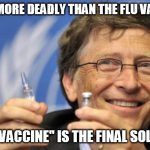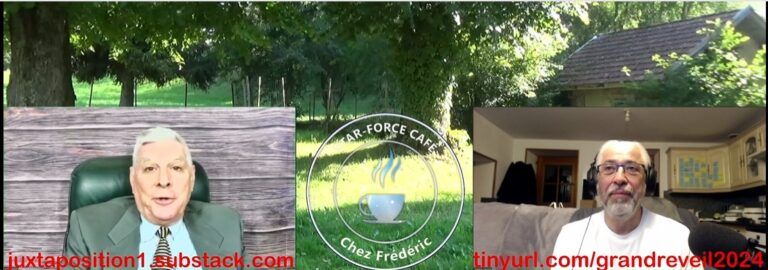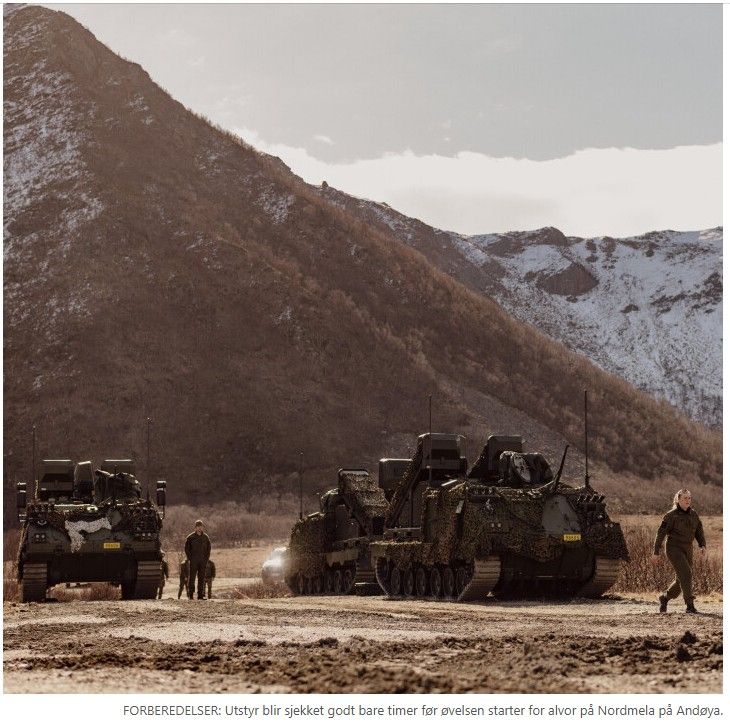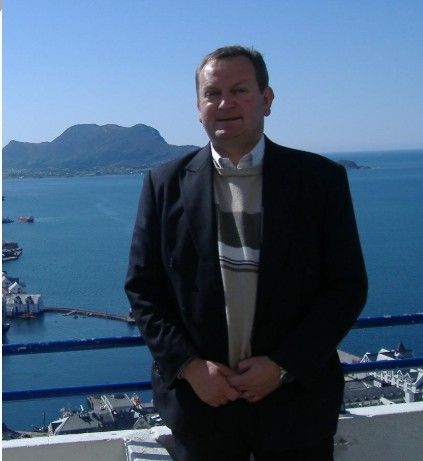Sett 152 820 ganger 22. jan. 2015On Thursday (22 January), Bill and Melinda Gates spoke to a Brussels audience, which didn’t appear shocked by their endorsement of GMO crops. The philanthropist family’s visit to the capital of the European Union coincided with the release of their annual Annual Letter, in which they make the “big bet” that the lives of people in poor countries will improve faster in the next 15 years than at any other time in history. Speaking to the audience, Bill Gates said that the strongest analogy when speaking about GMOs was with medicines, where people also worried about their side effects. The idea that a single technique could solve nutrition and disease problems for African farmers is an absolute life-and-death issue for them, Gates argued. “I think Africans have a sovereign right,” Gates said, referring to their choice to use “innovative farming techniques.” He gave cassava disease as an example. There is a GMO cassava that stops nausea disease, he said. “Should African countries be told not to use it? What would happen if the disease went rampant?”he questioned. “Every country should be able to decide if they want to pay more for food, if they would use more insecticides. It’s OK. Europeans can do whatever they when it comes with food. They can pay twice as much, four times as much, it’s OK,” Gates said. It’s better for the world if people have the same views about the merits of things and allow free trade. But at the end of the day, it’s always a matter of personal choice what people choose to buy, Gates added. He also said it was “a certain irony” that the United States, where less than 2% of people working in the farming sector export food to a continent where 70% of the adults are engaged in farming. Melinda Gates said Africans need seeds that are able to resist a difficult climate. In the letter, the Gates advocate “innovative farming”. An example provided is that when Melinda visited Tanzania in 2012, a local farmer named Joyce spoke to her “with the zeal of a preacher giving a sermon.” “That year, for the first time, Joyce had planted a new kind of maize seed, bread to tolerate drought. When drought came, most of her crops withered and died, but her maize was more productive than ever. She sold the surplus to buy beans and vegetables and other nutritious food for her family, and had money left over to pay her children’s school fees. «That seed,» she said, «made the difference between hunger and prosperity,» the letter says, adding: “Joyce’s story, multiplied by hundreds of millions of African farmers like her, is the reason innovation in agriculture is so important.”
Du vil kanskje også like
Min feriebok recs
3. desember 2024
DEN DIGITALE REVOLUSJONEN ENDRER LIV RUNDT OM I VERDEN.
15. oktober 2024
Mer fra forfatter
Avbryt svar
Du må være innlogget for å kunne kommentere.
This site uses Akismet to reduce spam. Learn how your comment data is processed.












+ There are no comments
Add yours